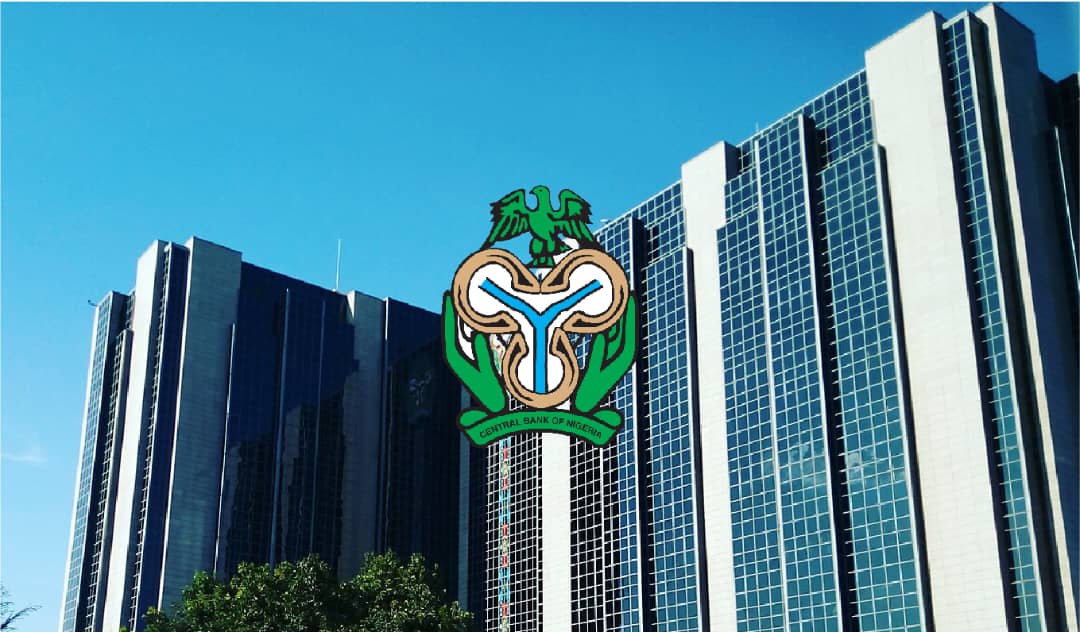We Won’t Use CBN Loan To Fund Nigeria’s 2024 Budget –Finance Minister

To finance Nigeria’s N28.8 trillion budget, the federal government will eliminate the reliance on Central Bank of Nigeria Ways & Means, the Minister of Finance and Coordinating Minister of the Economy, Mr. Wale Edun, has said.
The minister on Monday said the federal government would rather focus on bolstering revenue and driving economic growth.
According to Edun, the federal government is optimistic about reducing reliance on borrowing and increasing revenue, anticipating improvements in the revenue collection process.
“We are relying less on borrowing and more on revenue and I think you have to take the two together. I think we’re very optimistic about the improvements in revenue that will take place.
The Nigerian government has in recent years relied on advances from the CBN to shore up the budget deficit amid dwindling revenue.
Before the expiration of his tenure, former President Muhammadu Buhari requested the Nigerian Senate to approve the securitization of the CBN’s N22.7 trillion debt by converting it to a 40-year bond.
The International Monetary Fund (IMF) had cautioned about the CBN’s use of Ways and Means to finance the deficit, complicating inflation containment efforts.
The World Bank also identified substantial “fiscal deficit financing” by the CBN as a factor negatively impacting the business environment and exacerbating constraints on various fronts, including revenue mobilization, foreign investment, and human capital development.
On Monday, Edun disclosed that the government will eliminate advances from the central bank and strengthen its revenue base.
“We are all ready, even from tomorrow, applying technology and digitalization to ensure that the revenue that should come to government from all sources, including from government-owned enterprises, comes into the consolidated revenue fund, and on the other side, we are bringing order to government borrowing. So Ways and Means is being eliminated by taking the funding that is required from the market, as opposed to the printing of money by Central Bank,” he said.













